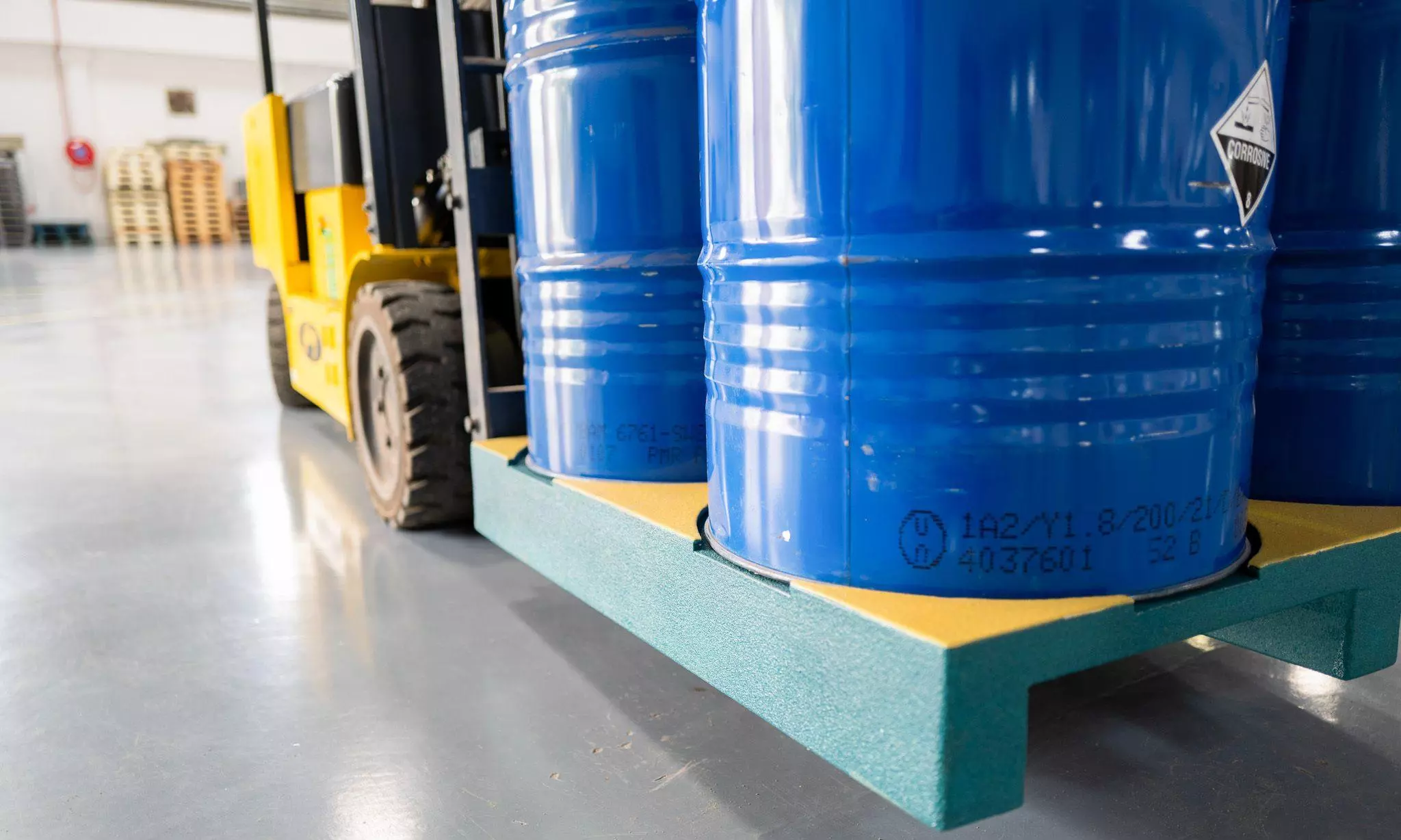Transformative seas of sustainable logistics: A vision for India

In the dynamic realm of logistics, the year 2023 heralds a significant shift toward sustainability, propelled by a convergence of governmental impetus, technological prowess, and a burgeoning environmental consciousness. India, a burgeoning economic force, is strategically aligning itself with sustainable logistics practices, reshaping the industry's landscape and laying the groundwork for a greener, more efficient future.
At the forefront of this transformative journey are governmental initiatives, notably the National Logistics Policy 2023. This pioneering policy serves as a catalyst for change, delineating a roadmap that emphasizes the integration of sustainability principles into the logistics framework. With a focus on streamlining processes, optimizing efficiency, and reducing carbon footprints, this policy stands as a beacon for industry stakeholders to align their strategies with national sustainability goals.
One pivotal aspect of this transformation is the concerted efforts toward infrastructure development. Initiatives like dedicated freight corridors and multimodal transport hubs represent the cornerstone of this evolution. By integrating various modes of transportation, these endeavours not only enhance logistics efficiency but also curtail fuel consumption and mitigate environmental impact. They create a seamless network that optimizes resource utilization while reducing the carbon intensity of freight movements across the nation.
Moreover, technological advancements emerge as the linchpin of sustainable logistics evolution. The integration of artificial intelligence, blockchain technology, and predictive analytics revolutionizes supply chain management. These innovations empower logistics operators to optimize routes, minimize wastage, and enhance transparency throughout the supply chain. Real-time data analytics offer insights that enable proactive decision-making, ensuring more efficient operations with reduced environmental repercussions.
Simultaneously, a groundswell of environmental consciousness among consumers is exerting substantial pressure on businesses to embrace eco-friendly logistics practices. Consumers are increasingly making informed choices, favouring brands committed to sustainability. This shifting tide necessitates a fundamental rethinking of logistics strategies, compelling businesses to adopt greener practices to align with consumer expectations and reduce their ecological footprint.
The long-term benefits of embracing sustainability in logistics extend far beyond environmental stewardship. While reducing environmental impact remains paramount, businesses stand to gain significantly from this paradigm shift. Cost savings through optimized resource utilization, heightened brand reputation resulting from eco-friendly practices, and improved risk management due to a more resilient supply chain are among the multifaceted advantages.
However, realizing this vision of sustainable logistics necessitates collaborative efforts among industry stakeholders. Knowledge sharing and innovative collaborations foster a fertile ground for the exchange of best practices and the co-creation of sustainable logistics solutions. This collaborative ethos is indispensable in navigating the complexities of evolving supply chains toward a sustainable future.
Charting the path ahead requires a multifaceted approach. Investment in sustainable packaging solutions is imperative to minimize waste generation along the logistics chain. Furthermore, embracing renewable energy sources to power warehouses and logistics operations is pivotal in curbing carbon emissions. Equally crucial is the emphasis on training programs dedicated to instilling sustainable logistics practices. Equipping the workforce with the requisite skills is vital to drive the industry's transformation toward sustainability.
In conclusion, the landscape of logistics in India is witnessing a seismic shift toward sustainability. Governmental initiatives, technological advancements, consumer consciousness, and collaborative efforts among industry stakeholders collectively pave the way for a greener, more efficient future. As we navigate this transformative journey, the commitment to sustainability stands not only as a moral imperative but as a strategic advantage, ensuring a resilient and thriving logistics ecosystem for generations to come.
The views and opinions expressed in this article are those of the author and do not necessarily reflect the views of Indian Transport & Logistics News.



